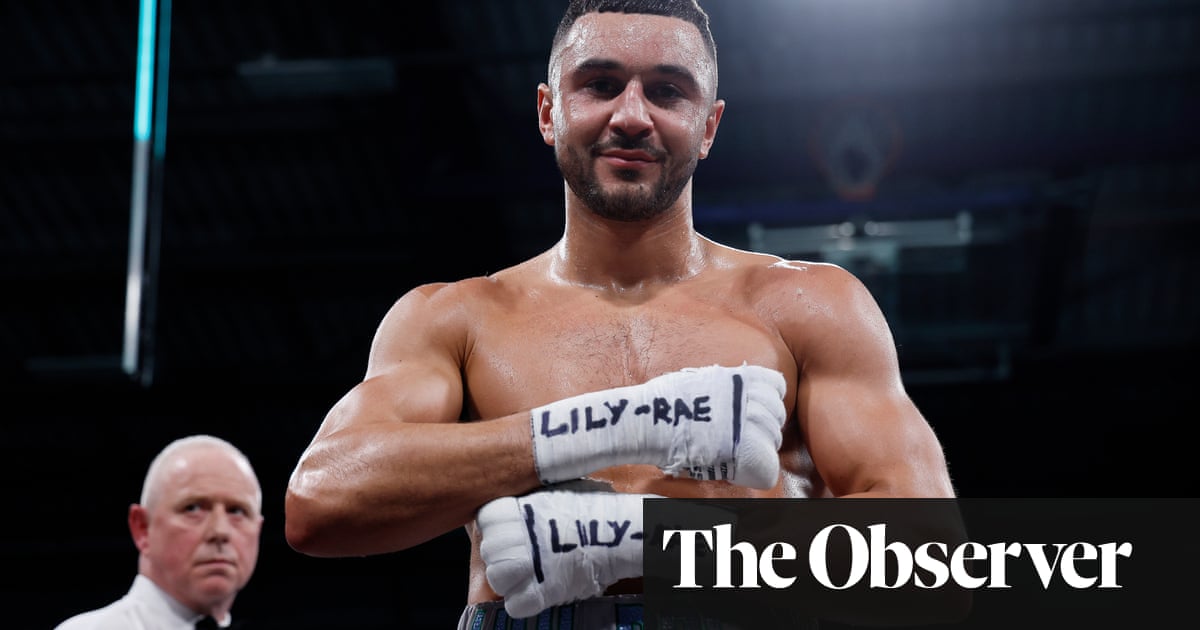The German chancellor, Olaf Scholz, has announced fresh elections to the Bundestag for February 2025, after the collapse of his SPD-led coalition. Find out which parties are polling best today
Germany is preparing for a general election to the Bundestag, the lower house of its parliament, on 23 February, after its “traffic-light” coalition of social democrats, liberals and greens collapsed. The country’s electoral system is highly proportional, so polls give a good indication of what shape of government might be possible after the election.
Latest German opinion polls
14-day rolling average %
| CDU/CSU | |
| SPD | |
| Grüne | |
| FDP | |
| AfD |
Source: Guardian moving average of recent poll data from wahlrecht.de, last updated
Who’s who? Party profiles
SPD – Social Democrats
Olaf Scholz

The SPD is the traditional centre-left force and Germany's oldest political party. After years of decline it recovered somewhat in 2021, enabling Olaf Scholz to become chancellor at the head of a "traffic-light" coalition of social democrats, liberals and Greens.
CDU/CSU – Christian Democrats
Friedrich Merz

The centre-right CDU and its sister party in Bavaria, the CSU, like to think of themselves - not without cause - as Germany's natural party of government, having led many of its post-war coalitions. They struggled to recover from the withdrawal from politics of Angela Merkel, but have revived in the polls in recent years. Merz is a corporate lawyer.
Die Grünen – Greens
Robert Habeck

Germany's Greens are a more potent political force than similar parties in other countries. They have been part of Scholz's coalition in this parliament, with Habeck serving as economy minister and another prominent Green, Annalena Baerbock, as foreign minister.
AfD – Far-right nationalists
Alice Weidel

AfD - Alternative für Deutschland (Alternative for Germany) is a far-right party which is opposed to immigration and European integration. It was founded in 2013 and has generally been moving to the right ever since. It first entered parliament in 2017.
BSW - Sahra Wagenknecht Alliance
Sahra Wagenknecht

Sahra Wagenknecht is a former Linke politician who left to found her own party, which has for the moment eclipsed that of her former colleagues, and formed a breakaway group in parliament.
FDP – Liberals
Christian Lindner

The Free Democratic Party or FDP is a smallish liberal pro-business party, less culturally conservative than the CDU and more laissez-faire on the economy than the SPD. Its leader Christian Lindner was finance minister under Scholz, until his sacking precipitated the collapse of the coalition.
Die Linke – The Left
Jan Van Aken and Heidi Reichinnek

Formed of remnants of the old East German communists and dissident Social Democrats disgruntled with the growing centrism of the SPD, Die Linke - the Left - is now a leftwing populist party with support concentrated in the eastern states.
The outgoing Bundestag
It’s clear from the makeup of the current chamber that Scholz’s government could not survive without the FDP, but would also struggle to form any new coalition that did not include the conservative CDU/CSU. For their part, Friedrich Merz’s party currently have more to gain from new elections than from propping up the chancellor.

.png) 1 month ago
12
1 month ago
12













































